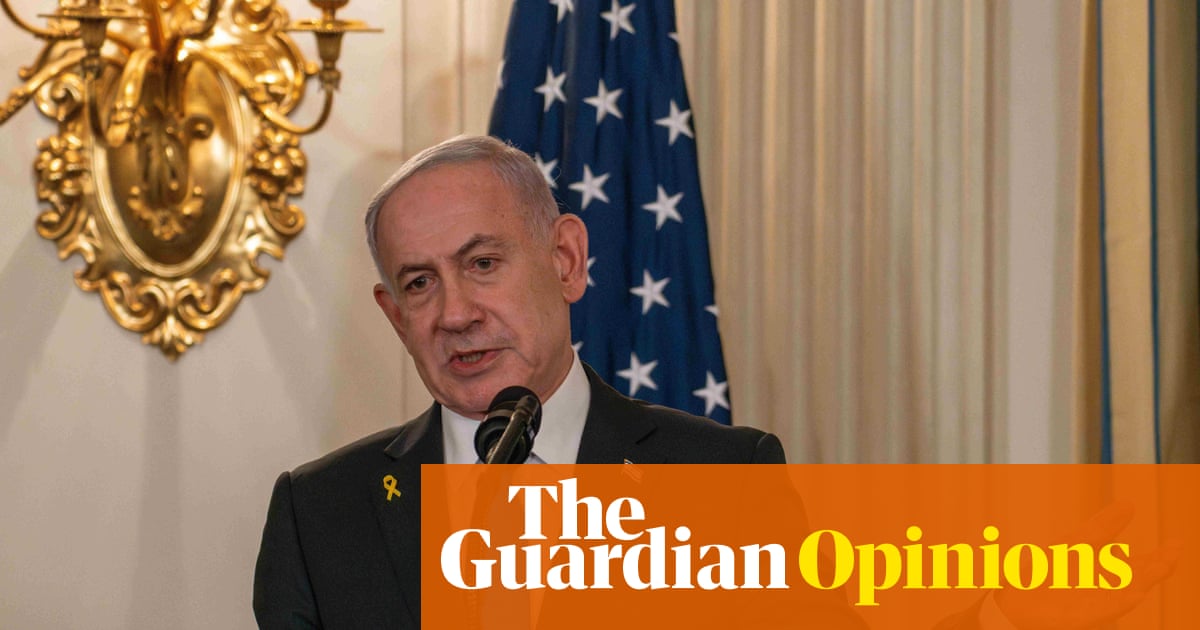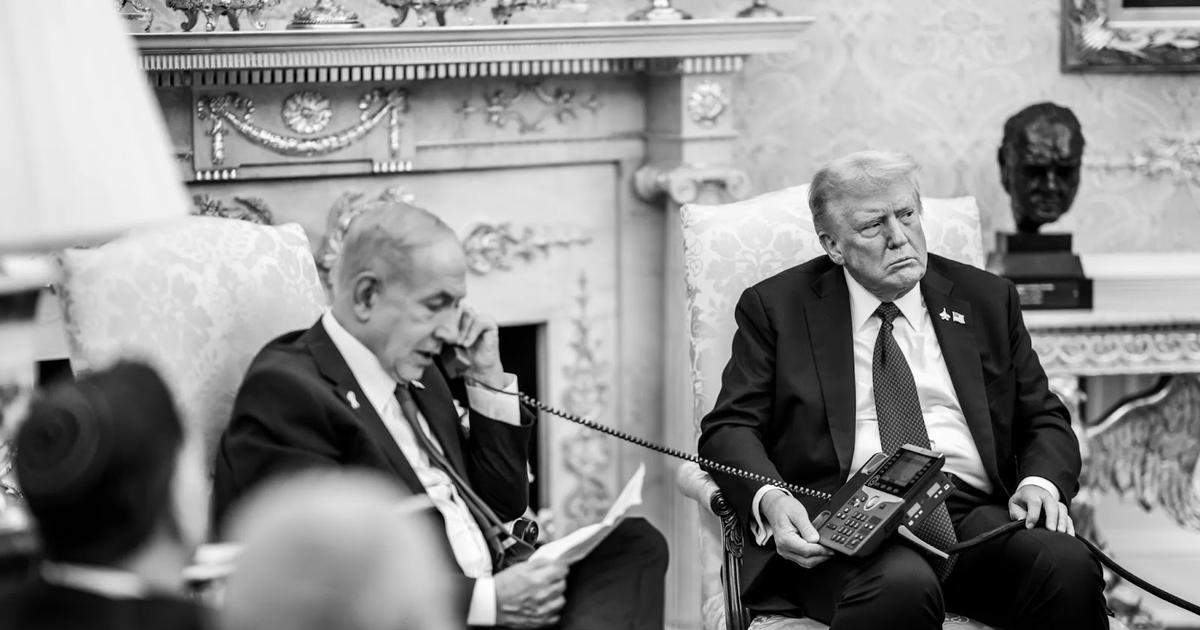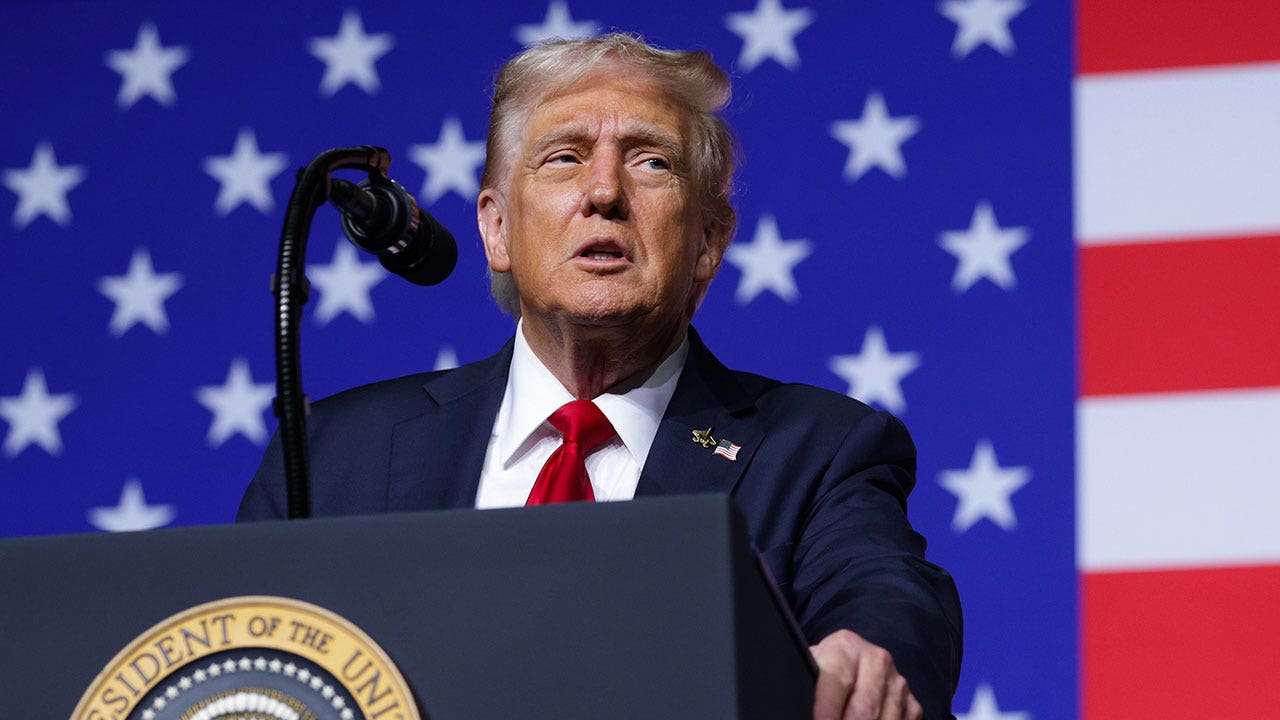Trump's Gaza Peace Plan Faces Hamas Rejection Amid International Pressure
President Trump's internationally backed Gaza peace plan faces likely rejection from Hamas over disarmament and statehood. Egypt, Qatar, and Turkey pressure Hamas to accept a deal.
Subscribe to unlock this story
We really don't like cutting you off, but you've reached your monthly limit. At just $5/month, subscriptions are how we keep this project going. Start your free 7-day trial today!
Get StartedHave an account? Sign in
Overview
- President Donald Trump introduced a comprehensive 20-point plan aimed at resolving the ongoing conflict in Gaza, seeking lasting peace and stability in the volatile region.
- The peace initiative has garnered widespread international backing from key leaders and governments across the Middle East, Europe, and Asia, signaling a collective desire for a viable solution.
- Hamas is likely to reject Trump's plan, citing its refusal to disarm, accept foreign occupation, or deploy an international stabilization force, alongside concerns about Palestinian statehood.
- Egypt, Qatar, and Turkey are actively pushing Hamas to agree to a deal that includes releasing Israeli hostages, resolving the conflict, and ultimately disarming and dismantling the organization.
- Hamas faces pressure from Gaza Palestinians to accept a deal and end the war, as the plan's lack of Palestinian statehood raises viability questions.
Report issue

Read both sides in 5 minutes each day
Analysis
Center-leaning sources cover this story neutrally, focusing on factual reporting of diplomatic efforts and key developments without employing loaded language or overt bias. They present the various parties' actions and the plan's details objectively, allowing readers to form their own conclusions.
Articles (13)
Center (1)
FAQ
The plan includes 20 points aimed at achieving an immediate ceasefire, the return of Israeli hostages, prisoner exchanges, demilitarization of Gaza, deployment of an international stabilization force, transitional governance by Palestinian technocrats under international supervision, large-scale reconstruction, and a conditional pathway toward Palestinian statehood.
Hamas is likely to reject the plan because it requires disarmament, acceptance of foreign occupation, deployment of an international stabilization force, and does not guarantee Palestinian statehood, which are conditions unacceptable to Hamas.
Egypt, Qatar, and Turkey are actively pressuring Hamas to accept the deal to end the conflict, release Israeli hostages, disarm, and dismantle the organization for the sake of peace and stability in the region.
The plan envisions an international stabilization force composed of Arab and international partners to be deployed in Gaza, and transitional governance supervised by international stakeholders, including a 'board of peace' headed by world leaders to oversee reconstruction and governance.
The Israeli military would withdraw in stages; the initial stage depends on the release of hostages and Palestinian prisoners, followed by governance by a technocratic committee and deployment of the International Stabilization Force. Complete Israeli withdrawal occurs after these conditions are met and security is assured.
History
- 1M

 5 articles
5 articles












